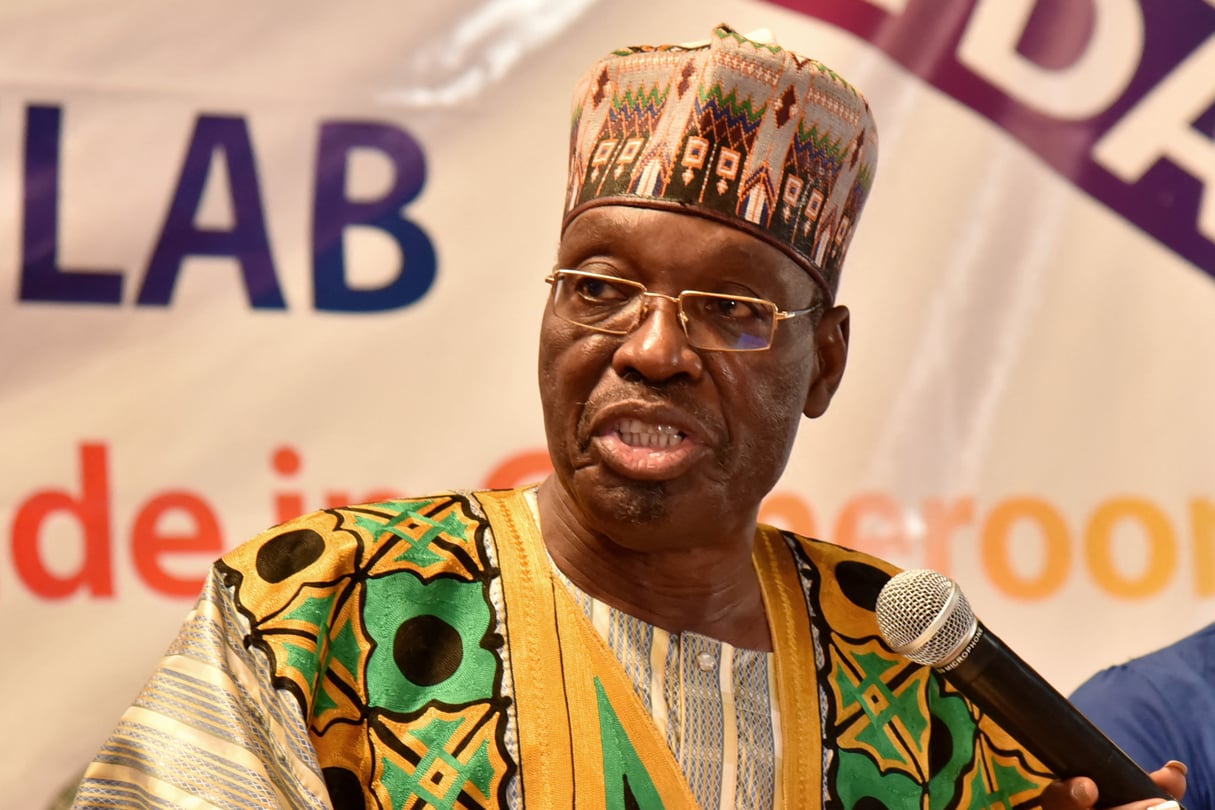The long-standing ally of the president of the Republic, Issa Tchiroma Bakary, speaking in an interview with the media outlet Brut Afrique revealed that Biya no longer governs Cameroon dur to his advanced age.
In an explosive interview granted to BRUT Afrique, former Minister of Employment and Vocational Training, Issa Tchiroma Bakary, announced his candidacy for Cameroon’s upcoming presidential election, marking a dramatic break from President Paul Biya’s regime—one he served loyally for decades. Tchiroma, a longtime ally of President Biya and former spokesperson for the government, painted a bleak picture of a nation adrift under a leader he described as “invisible and inaccessible.” “Let’s be sincere—President Biya is no longer the one governing the country,” Tchiroma declared bluntly, citing the President’s prolonged absence from state affairs.
According to Tchiroma, President Biya, now in his 90s and in power since 1982, has not convened a single council of ministers in the past 14 years, a key constitutional function meant to ensure government coordination. “The Head of State gives the impression of being completely withdrawn,” he lamented. He further accused the current government of falling into dysfunction and being hijacked by clandestine power blocs, saying: “Power has been confiscated by two clans—one tied to a family, the other to a caste.
These groups are now preparing for post-Biya succession battles while sidelining the Cameroonian people.” Tchiroma went on to raise alarm over key vacancies in the government. “Four ministers have died, yet none have been replaced. It’s as if the country is on autopilot,” he said. The former minister also referenced high-profile unresolved issues, including the brutal murder of a journalist, which he said still lacks answers, fueling growing public dissatisfaction. “After 43 years in power, militants of the ruling party are living in poverty.
They are tired. Power is not personal property. It belongs to the people.” Tchiroma, who once defended Biya’s administration during times of crisis, said he could no longer remain silent in the face of the people’s suffering. His break with the ruling Cameroon People’s Democratic Movement, CPDM, marks a significant political shift, especially given his reputation as a loyalist.
He concluded with a direct critique of Biya’s refusal to name a successor: “His failure to prepare for transition is a sign that he sees power as his private estate.” With just months before the summoning of the electoral body, Tchiroma’s declaration and damning indictment of Biya’s leadership could inject new energy into Cameroon’s political landscape—long paralyzed by a culture of silence and status quo.

